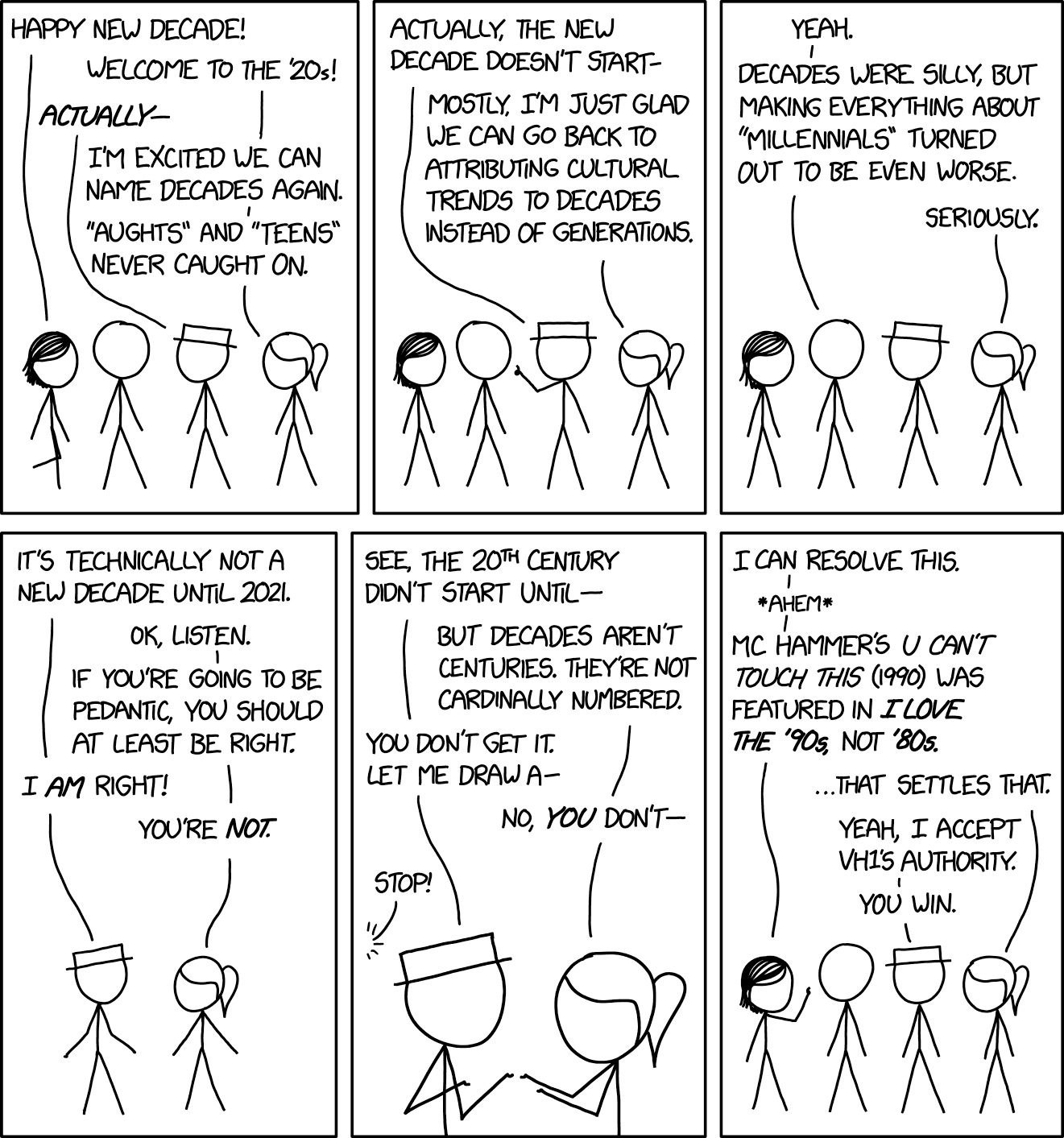Colin here. The rise of direct-to-consumer brands has meant that every conceivable category has an entrant (or three). What started with optics from Warby Parker has expanded into olive oil, undergarments, intimacy products, sustainable cashmere, and more. Open your Instagram and you’re sure to be bombarded with perfectly curated photos featuring products beckoning you to “shop now.” There is a ton of supply and seemingly a ton of demand. What is missing in many places, however, are reviews and product tests. In the same way that critics review a car, or Consumer Reports would tell you which microwave to buy, there’s not a lot of criticism and analysis of this new flood of products. The consumer can buy into a very beautiful and stylized brand, only to find that, whoops, this flat pack assembly furniture Ikea-disruptor is actually terrible. Or that this new DTC keto-friendly cereal actually tastes like garbage.
Enter @thingtesting, an Instagram account and product review page that is attempting to make sense of the flood of new products on the market. Founded by Jenny Gyllander, an investor at Backed VC in London, the site tests products via Instagram comments (with a finely tuned aesthetic, to match). Her takes are generally astute: She saw through the launch hype of Liquid Death and landed on an actual insight, saying, “To me, this is a brand that started with a controversial product and most likely will blur the lines between being an entertainment and product company - just like Red Bull did. I won’t be buying more overpriced cans of water from Liquid Death. But I will be following Liquid Death’s content because it makes me smile, and I want to see what this ‘Red Bull of Water’ will do next.” She’s also done live events, co-writing reviews of over 4,000 products with a still-growing audience of people. And a scroll through the reader comments shows how much energy (and how many aspiring entrepreneurs) are in the space.

Why is this interesting?
We are more spoilt for choice than ever before. Yet the places where you can go for a trusted review are fewer and fewer. Not as many editorial publications spend the time and rigor to put things through their paces, instead relying heavily on the PR narrative and a quick kick of the tires. That’s what makes an outlet like @thingtesting so refreshing. Cutting through the hype and actually putting a product through multiple tests means all of us can make better decisions.
Of course, the OG and uncontested champion of this category is the Wirecutter, which picks products for many different categories, and was eventually acquired by the Times. It is still a go-to when I need to make any sort of consumer purchase, from a backpack to an air conditioner. The most interesting part of it is the rigor they put into their reviews. It’s worth scanning through the entire methodology here to get a taste of how deep they go.
One of the reasons editorial publications don’t go as deep as they may have in year’s past, is the time and manpower required, putting a strain on budgets in a hyper-competitive media market. Wirecutter was pioneering with its affiliate revenue model, where they would get a percentage of a recommended product, a trend that worked its way through media like wildfire and leading to editorial products like New York Magazine’s Strategist, which doesn’t have the same depth of testing, but still offers thoughtful reviews of what to buy.
In the end, this seems like a space for growth. It’s surely not easy to do, but as choice continues to expand there are more and more opportunities for reviewers to come in across categories (travel, personal finance, and banking to name a few) and provide people with the smartest intelligence on where to spend their money. (CJN)
Comic of the Day:
XKCD on those who insist on precise definitions of decades. (NRB)

Quick Links:
Making civic literacy fun again (CJN)
Thingtesting’s review of Kin, an aperitif (CJN)
The city left behind by China’s nuclear ambitions (CJN)
Thanks for reading,
Noah (NRB) & Colin (CJN)
Why is this interesting? is a daily email from Noah Brier & Colin Nagy (and friends!) about interesting things. If you’ve enjoyed this edition, please consider forwarding it to a friend. If you’re reading it for the first time, consider subscribing (it’s free!).


